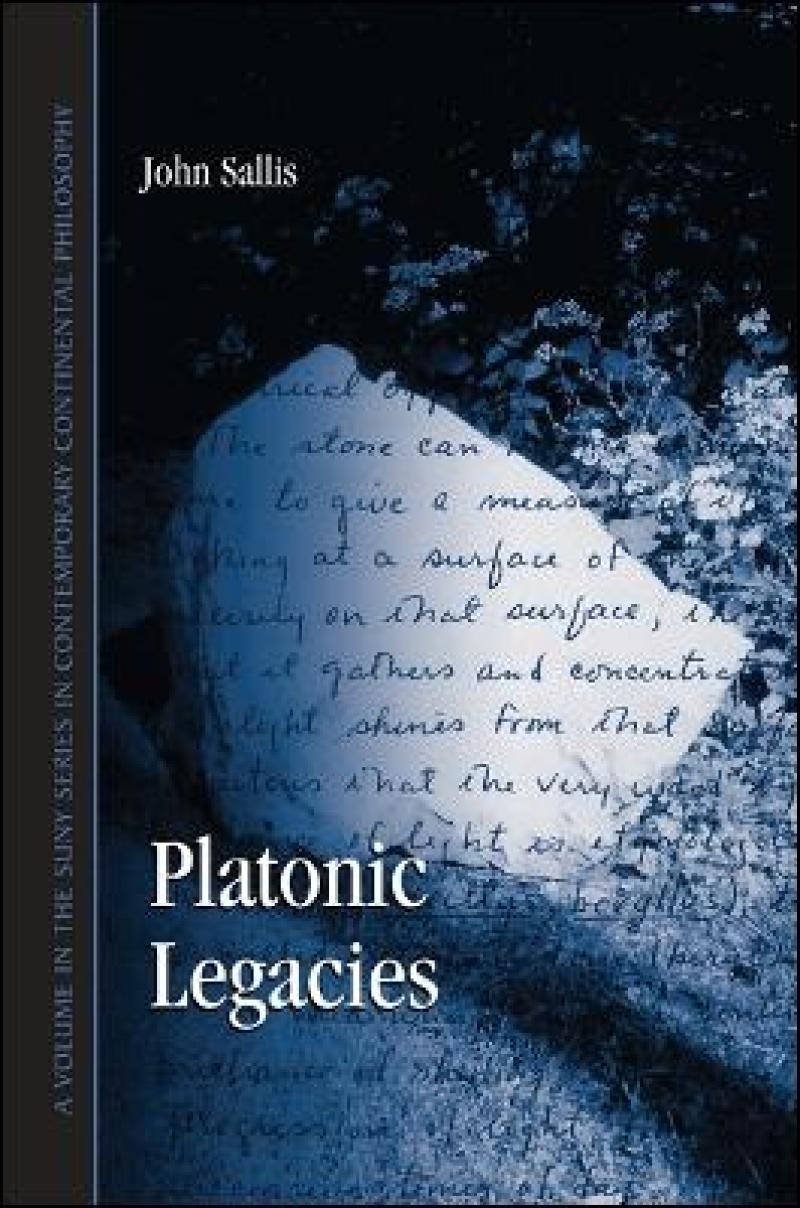Demonstrates how archaic Platonism has a profound significance for contemporary thought.
In Platonic Legacies John Sallis addresses certain archaic or exorbitant moments in Platonism. His concern is to expose such moments as those expressed in the Platonic phrase "beyond being" and in the enigmatic word chora. Thus he ventures to renew chorology and to bring it to bear, most directly, on Platonic political discourse and Plotinian hyperontology. More broadly, he shows what profound significance these most archaic moments of Platonism, which remained largely unheeded in the history of philosophy, have for contemporary discussions of spacings, of utopian politics, of the nature of nature, and of the relation between philosophy and tragedy. Thus addressing Platonism in its bearing on contemporary philosophy, Platonic Legacies engages, in turn, a series of philosophers ranging from Nietzsche, Heidegger, and Arendt to certain contemporary American Continental philosophers. These engagements focus on the way in which these recent and contemporary philosophers take up the Platonic legacies in their own thought and on the way in which the exposure of an archaic Platonism can redirect or supplement what they have accomplished.
Acknowledgments
Introduction
1. Nietzsche's Platonism
2. The Politics of the Cïra
3. Daydream
4. Platonism at the Limit of Metaphysics
5. Grounders of the Abyss
6. Uranic Time
7. What's the Matter with "Nature"?
8. Tragedy from Afar
Index
Demonstrates how archaic Platonism has a profound significance for contemporary thought.
Product details
Biographical note
John Sallis is Edwin Erle Sparks Professor of Philosophy at The Pennsylvania State University at University Park. He has written many books, including Double Truth and Interrogating the Tradition: Hermeneutics and the History of Philosophy (coedited with Charles E. Scott), both published by SUNY Press.
